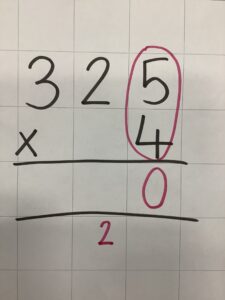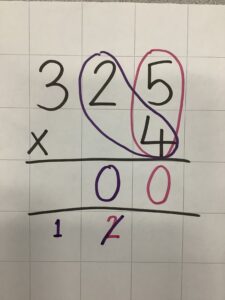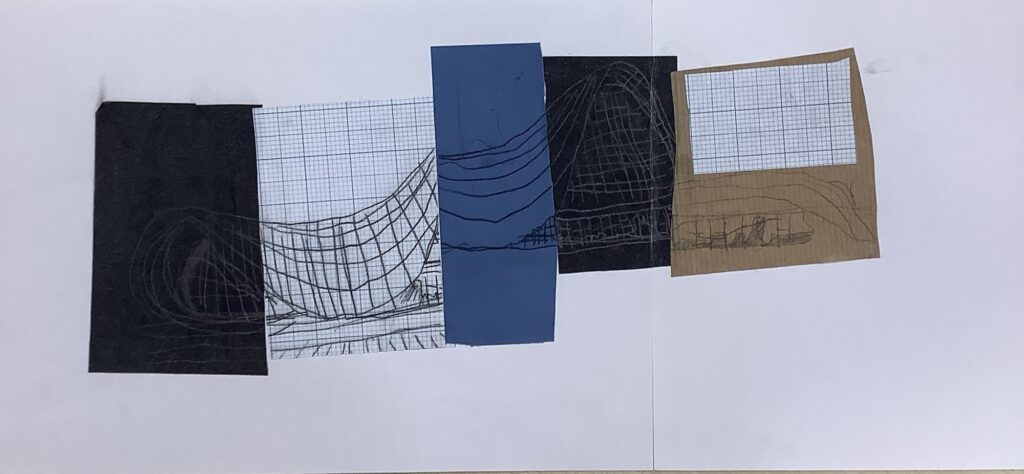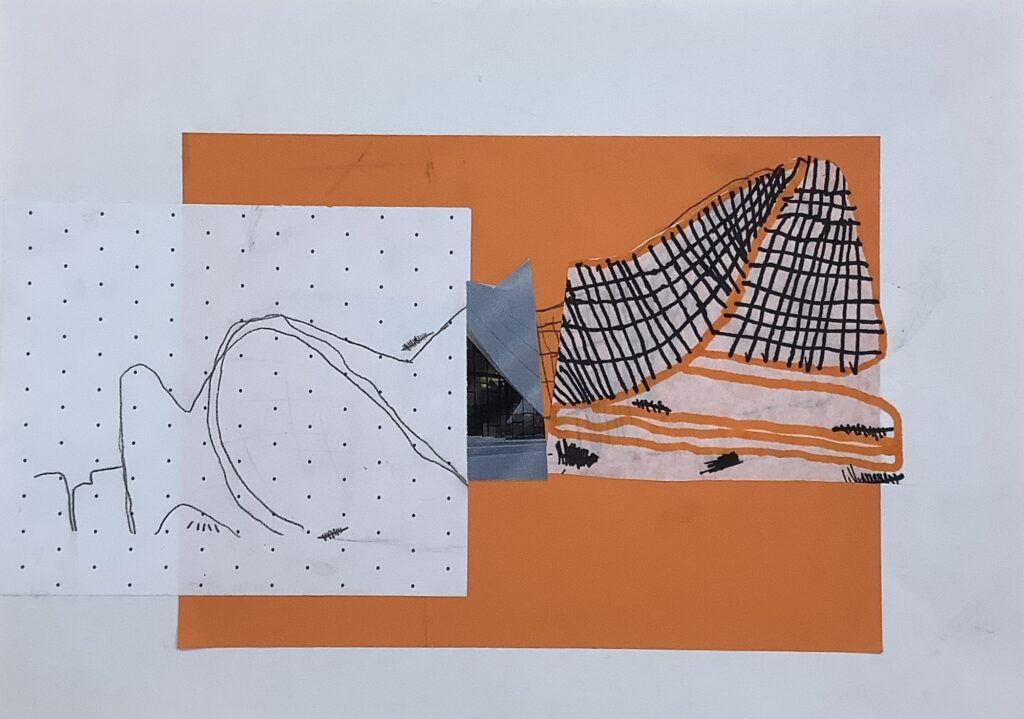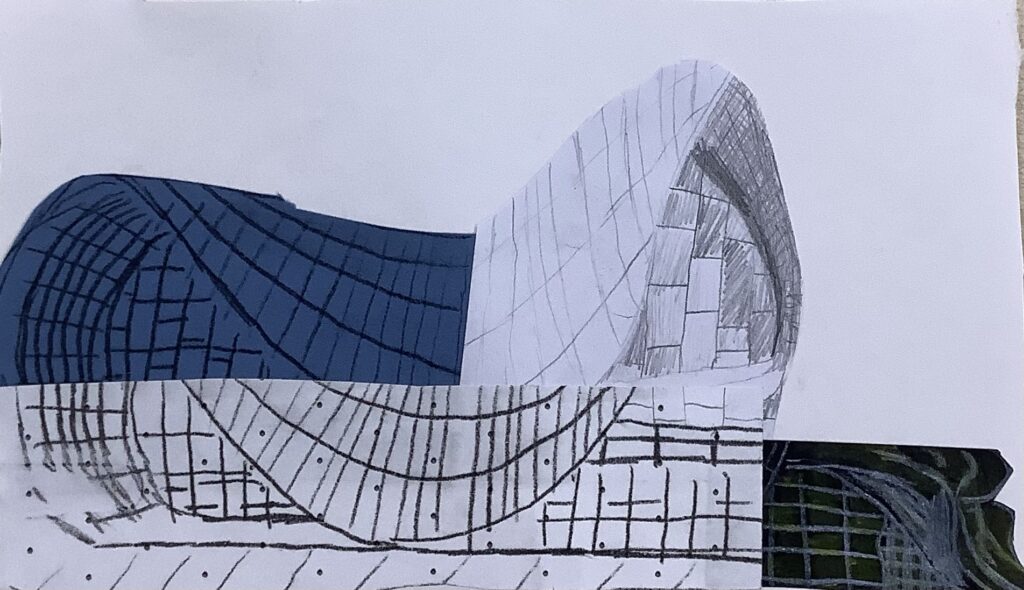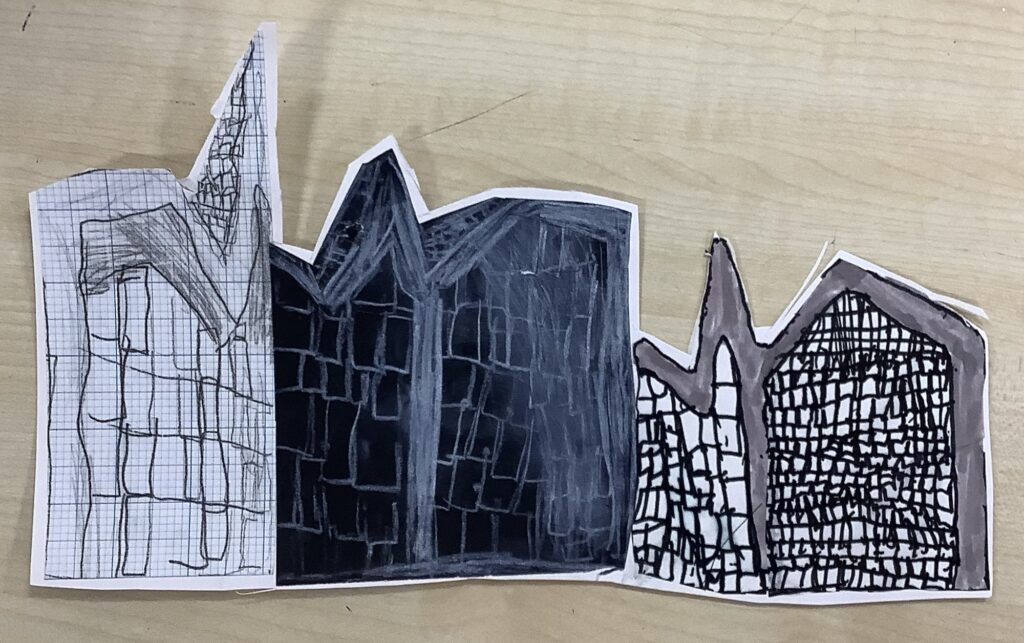This week, Year 4 have been writing their recounts about escaping a volcanic eruption. This links nicely to our volcanoes topic in geography this half-term.
A recount re-tells events and describes what happened.
Our R2s (remember to) were:
- conjunctions (subordinating and coordinating)
- impressive vocabulary
- past tense
Your children used these R2s when planning, writing and editing their recounts. I was wowed by the final pieces! Your children really put themselves in the shoes of an escapee and were able to write exciting and gripping recounts.
Help at home: ask your children to write a short recount of their day at school using conjunctions and past tense.
Coordinating conjunctions:
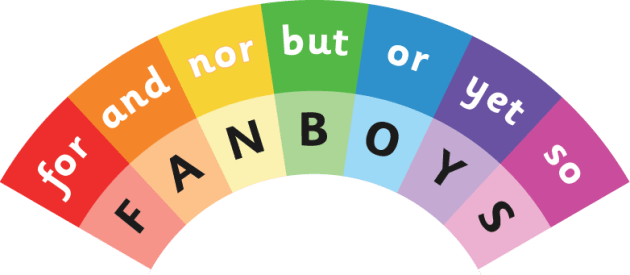
Subordinating conjunctions:






